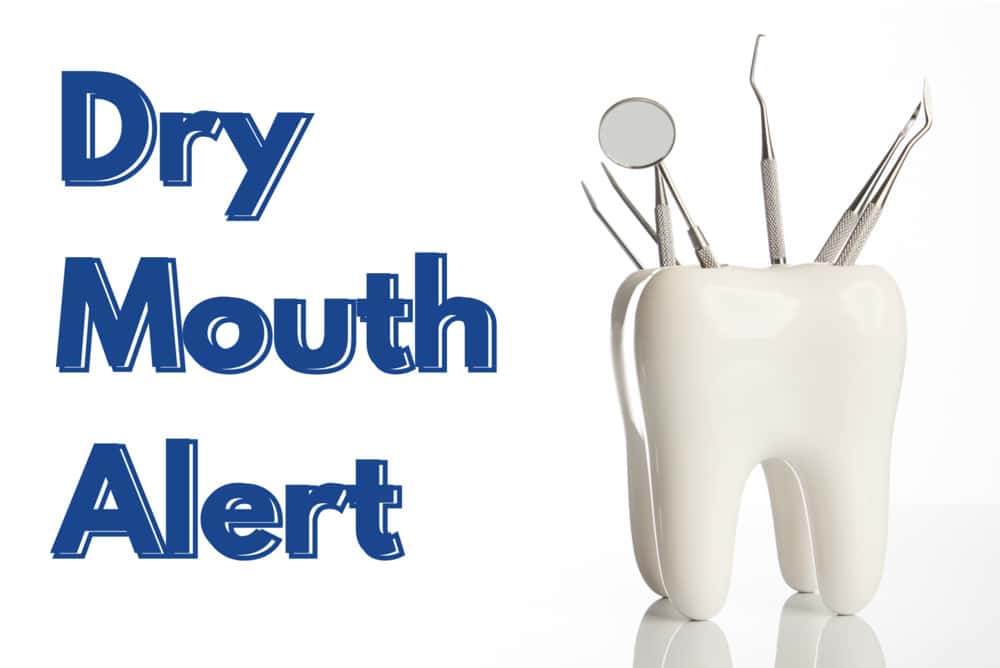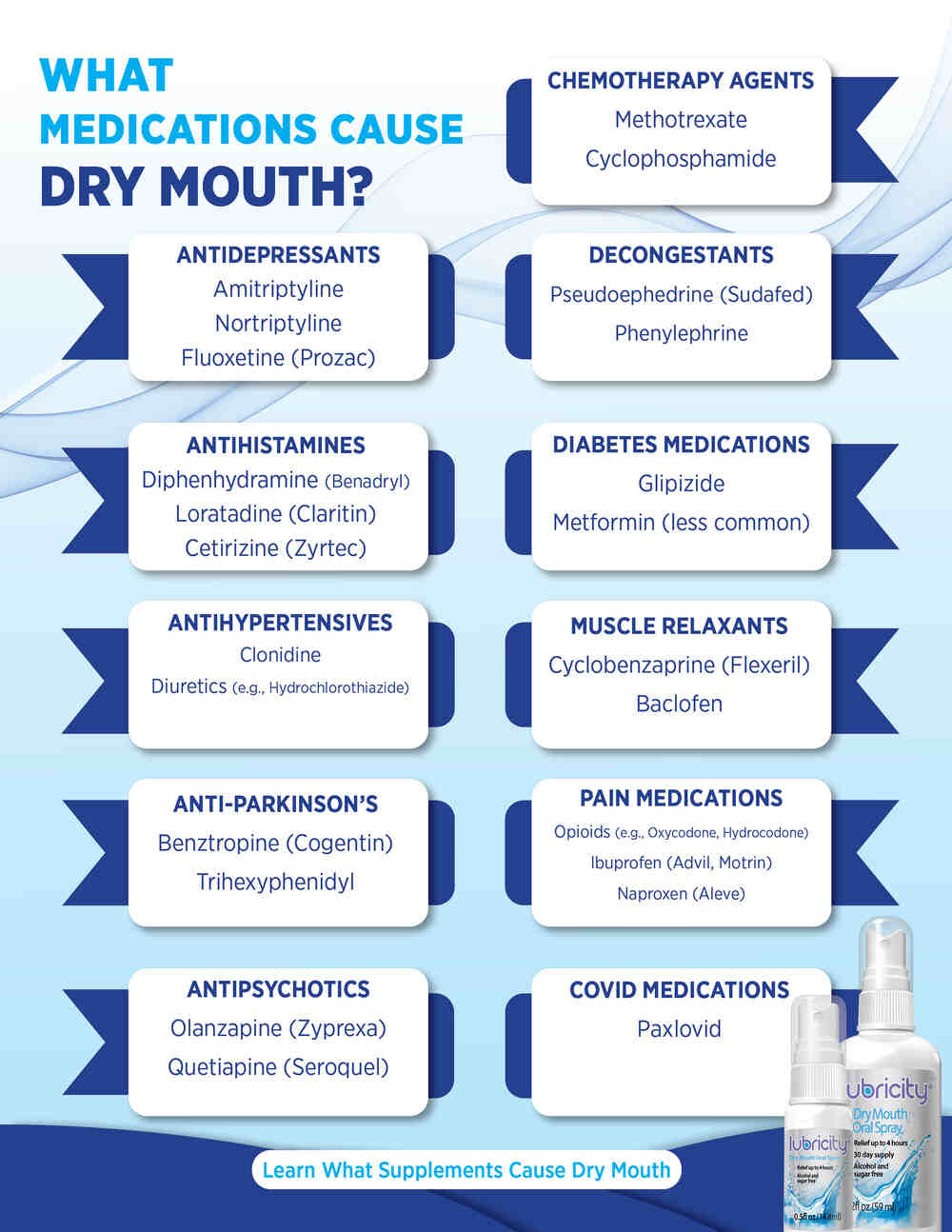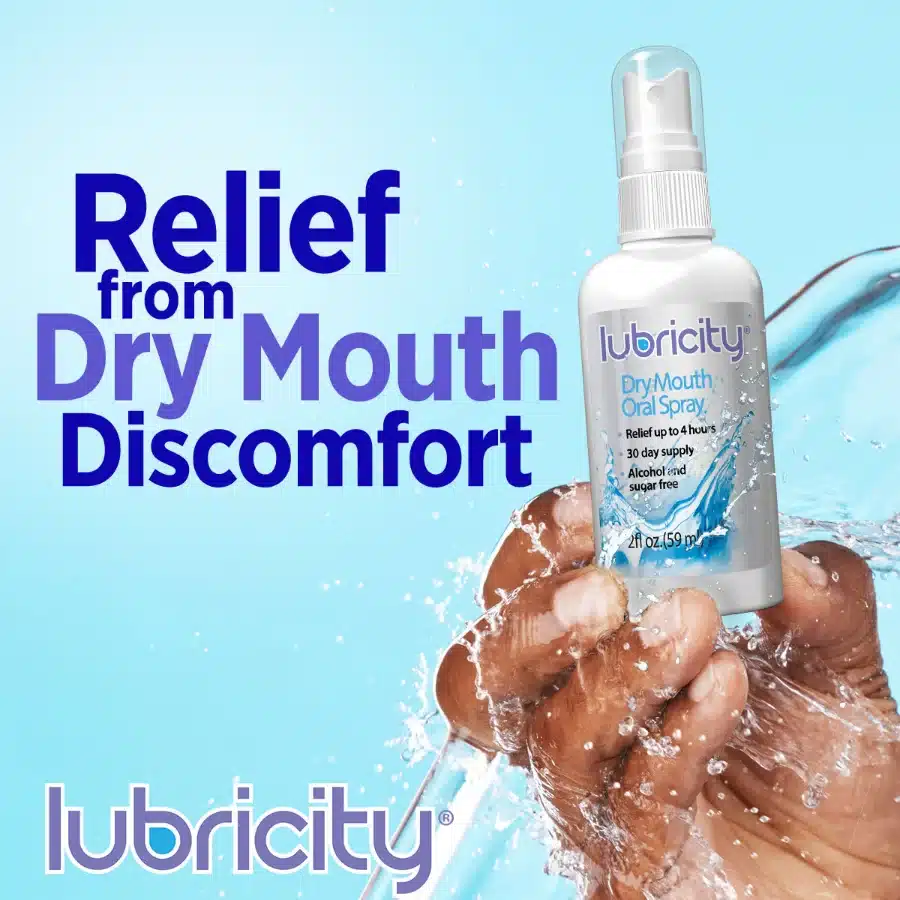Introduction
Having a dry mouth from time to time is normal. However, if your dry mouth becomes a common problem, you should take notice. Chronic dry mouth may seem minor, but it can sometimes point to an underlying condition or a serious health issue. In this blog post, we will look at the causes of dry mouth. We will also discuss the health conditions it may be linked to. Finally, we will provide advice on what to do if you are worried about your dry mouth.
Understanding Dry Mouth: More Than Just an Inconvenience
Saliva is very important for keeping your mouth healthy. It’s not just water; it has enzymes that help with digestion and wash away food. Saliva also neutralizes bad acids and helps prevent infections in your mouth. When you don’t have enough saliva, it can significantly increase the risk of tooth decay and cause discomfort that may lead to dental issues. To maintain good oral hygiene, it’s essential to consider the role of saliva.
Dry mouth can also hint at other health problems that need medical attention. So, it’s important to understand what can cause chronic dry mouth and how it affects both your oral health and overall well-being.
What Is Dry Mouth?
Dry mouth, also known as xerostomia (Zeer-o-STOE-me-uh), happens when your saliva glands do not make enough saliva to keep your mouth wet. This can be caused by a few factors, some of which being typical dry mouth causes like dehydration, or as a side effect of certain medications. When there is not enough saliva flow, you may feel uncomfortable or you might just think that is normal, but here are some things you may notice: a sticky mouth, trouble swallowing, difficulty speaking, or oral health problems.
Saliva is continuously made by the salivary glands in our mouths, contributing to a steady flow of saliva. It helps us talk, swallow, and digest food easily. Saliva also keeps our oral health in good shape by washing away food bits and neutralizing acids made by bacteria. If saliva production slows down, it can really affect our daily lives and health.
Having dry mouth from time to time is normal. However, if you feel it often, it can be annoying and mean there are problems that need to be checked. If you are worried about your dry mouth, you should consider talking to a healthcare professional. They can give you the right diagnosis and treatment.
Common Misconceptions About Dry Mouth
Dry mouth is a common issue, but many people do not understand it well. One mistake is thinking it only means being dehydrated. While dehydration and mouth breathing can cause dry mouth, there are other reasons too; certain medications, health conditions, and lifestyle habits can play a part.
Another myth is that everyone who has dry mouth feels the same. Although a dry feeling is common, symptoms can change. They may include bad breath, dry lips, recurrent infections of the mouth, a burning sensation, trouble speaking, and changes in taste. Knowing about these different dry mouth symptoms can help people get the right medical help and deal with the real problem.
Many believe that only older adults get dry mouth. It is more often seen in older people because of factors like medication and health issues. However, dry mouth can happen to anyone, with 1 in 4 people being affected on average. It is important to know the different causes and symptoms of dry mouth for better management and treatment.
The Hidden Dangers: Connecting Dry Mouth To Serious Health Issues
Dry mouth is often seen as a small issue, but it can be a sign of bigger health problems. Studies show that long-term dry mouth may be linked to diseases like diabetes, stroke, and Alzheimer’s disease, as well as some autoimmune diseases, like Sjögren’s syndrome.
This doesn’t mean that every case of dry mouth is serious. However, it is important to listen to what your body is telling you, particularly when sharing sensitive information about your health with a medical professional. If you have persistent dry mouth, especially when coupled with other strange symptoms, it is crucial to talk to a doctor.
How Dry Mouth Signals Systemic Health Problems
Systemic health problems are conditions that affect the whole body instead of just one part. Sometimes, a dry mouth can be an early sign of these health issues, such as oral thrush or mouth sores. Treating the main health problem is very important to manage dry mouth well.
For example, if diabetes is not controlled well, high blood sugar can lower saliva production, leading to dry mouth, which highlights the importance of saliva. Also, some autoimmune diseases can make the immune system attack the body’s own tissues, affecting the salivary glands. This can result in less saliva flow and ongoing dry mouth.
If you have a dry mouth that doesn’t go away, it’s important to talk to a doctor. They can check your overall health, find out what might be the underlying cause of it, and suggest treatment options. Ignoring ongoing dry mouth could slow down finding and treating serious underlying health issues.
Exploring Causes: Why Your Mouth Feels Like a Desert
The causes of dry mouth can be different. Some are temporary and simple to fix, while others are more complicated and need medical help. Knowing what triggers your dry mouth is important. It helps you find the best ways to feel better and manage it in the long run.
Lifestyle choices can play a big role in dry mouth, including possible causes of dry mouth such as Sjogren’s syndrome. For instance, smoking, drinking alcohol, and not drinking enough water can all add to this issue. In addition, some medications for allergies, depression, and high blood pressure often list dry mouth as a side effect.
Medications and Medical Conditions That Lead to Dry Mouth
Everyday habits can affect dry mouth, but some medications and health issues can harm how the salivary glands work.
Many medications list dry mouth as a common side effect. These medications include antihistamines, decongestants, antidepressants, and some blood pressure drugs. It is important to tell your doctor about all the medicines you take, including those from the store, to see if they might cause your dry mouth.
In addition, some health conditions, like diabetes, Sjögren’s syndrome, and autoimmune diseases, can lower saliva production. Sharing a complete medical history with your doctor helps them find any health issues that could be causing your dry mouth.
Lubricity: A Superior Solution for Dry Mouth Relief
Living with a dry mouth can really affect your life. It can make it hard to sleep and enjoy meals. Many solutions claim to help, but Lubricity stands out as a better choice for dealing with dry mouth.
Lubricity doesn’t just give short-term relief like other products. It uses premium ingredients and an effective formulation allowing it to mimic the natural moisturizing properties of saliva. This helps keep your mouth hydrated for a long time, supports oral health, and gives you a pleasant feeling that you will love.
Why Lubricity Stands Out from Other Dry Mouth Remedies
Navigating dry mouth remedies can feel confusing. There are many products that claim to help. However, Lubricity stands out with its special formula. It is designed to act similar to natural saliva. This makes it a better and long-lasting solution outshining basic saliva substitutes.
Lubricity is an advanced oral spray specifically designed to provide relief for individuals experiencing xerostomia (dry mouth). The key ingredient in Lubricity is Sodium Hyaluronate (also known as Hyaluronic acid), a natural substance found in various tissues and joints throughout the human body. Known for its powerful moisturizing properties, it helps to form a flavorless gel film that coats the tissues inside the mouth. This gel creates a long-lasting lubrication on the oral mucosal tissues, alleviating the discomfort associated with dry mouth.
The key benefits of Lubricity include:
- Long-lasting relief: The gel-like coating formed by Lubricity can last for up to 4 hours, providing sustained moisture and relief.
- Improved comfort: By lubricating the tissues of the mouth, it helps to reduce the discomfort of dry mouth, making activities like speaking, eating, and swallowing easier.
- Non-flavored: Its flavor free composition means it doesn’t leave an aftertaste, making it a discreet and convenient solution.
- Quality of life improvement: For individuals suffering from chronic dry mouth, this formulation offers significant relief and improves overall comfort.
Lubricity is a beneficial option for those with persistent dry mouth symptoms, particularly in cases where conventional solutions may fall short. For anyone looking for both fast relief and lasting benefits, Lubricity is a great choice.
Real User Experiences: How Lubricity Changed Lives
Lubricity, an innovative oral spray designed to provide relief from dry mouth, has had a significant impact on many individuals struggling with the uncomfortable and often debilitating symptoms of xerostomia (dry mouth). Users have shared stories of how Lubricity has changed their daily lives, offered much-needed comfort, and improved their overall quality of life.
1. Restoring Confidence in Social Interactions
Many individuals with chronic dry mouth face difficulties when speaking or socializing due to discomfort or difficulty swallowing. One user, Sarah, explained, “I used to avoid social gatherings because talking for extended periods was uncomfortable. After using Lubricity, I can talk freely without worrying about my dry mouth affecting my conversations. It’s given me confidence back.” By providing long-lasting lubrication, Lubricity helps users like Sarah engage more naturally in social settings, making communication smoother and less stressful.
2. Improving Eating and Drinking Experiences
For those suffering from dry mouth, eating and drinking can become a painful and frustrating task. John, a long-time sufferer of xerostomia, shared his experience: “Meals used to be a challenge—chewing and swallowing were incredibly uncomfortable. But since using Lubricity, I can eat without the constant struggle of a dry mouth. It feels like I’ve regained a sense of normalcy at the dinner table.” By forming a protective gel layer on the mouth’s mucosal tissue, Lubricity helps make chewing and swallowing much easier, significantly improving the eating experience.
3. A Lifeline for People with Chronic Health Conditions Like Sjögren’s Syndrome
For people with chronic conditions like Sjögren’s syndrome or those undergoing cancer treatments like chemotherapy, dry mouth is a common and persistent issue. Emily, who has been managing dry mouth due to medication side effects, found relief in Lubricity: “After months of struggling with constant dry mouth from my medications, I was starting to feel hopeless. Then I tried Lubricity. The relief was immediate—it felt like a miracle. I could speak, eat, and drink without the constant discomfort.” For individuals facing long-term or medication-induced xerostomia, Lubricity offers a reliable and lasting solution to ease the daily burden of dry mouth.
4. A Nighttime Game Changer
Dry mouth symptoms often worsen at night, leaving users awake and uncomfortable. Many users have turned to Lubricity for nighttime relief, as it offers long-lasting hydration throughout the night. Mark, who suffered from severe dry mouth at night, explained: “I would wake up multiple times a night with a dry, painful mouth. Since I started using Lubricity before bed, I sleep better and wake up feeling more refreshed. It’s like a night-and-day difference!” Lubricity’s ability to provide up to 4 hours of relief makes it an effective option for overnight comfort, helping users get a restful night’s sleep.
Conclusion
Dry mouth is more than just a problem; it can be an indicator for other major health issues. Knowing why dry mouth happens and how it affects you is important for catching problems early and stopping them. It can come from health issues or habits from daily life. So, it’s good to stay aware. Check out Lubricity, a great solution for dry mouth relief that real users trust. Don’t ignore dry mouth; it might mean your body needs attention for something more serious. Keep yourself informed, take action, and maintain your oral health. If you have dry mouth, think about trying Lubricity for relief that works.
Frequently Asked Questions (FAQs)
There isn’t a single cure for ongoing dry mouth, but there are different treatment options that can help manage it and encourage saliva flow. If dry mouth is a symptom of a health condition, talk with a health care provider or doctor who may be able to provide you with specific medical treatments or changes to your lifestyle that can ease your discomfort.















